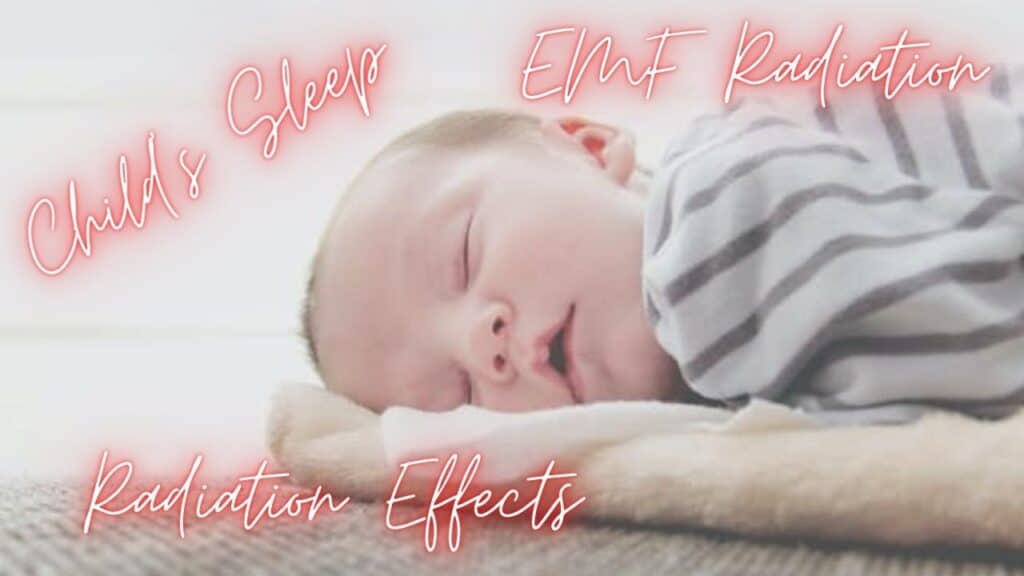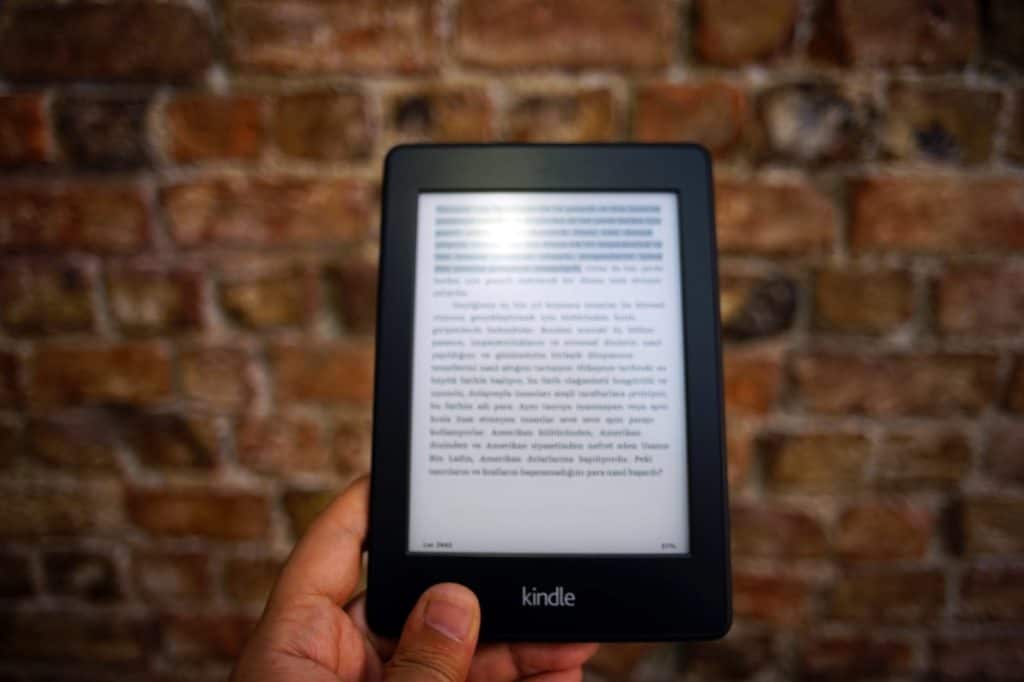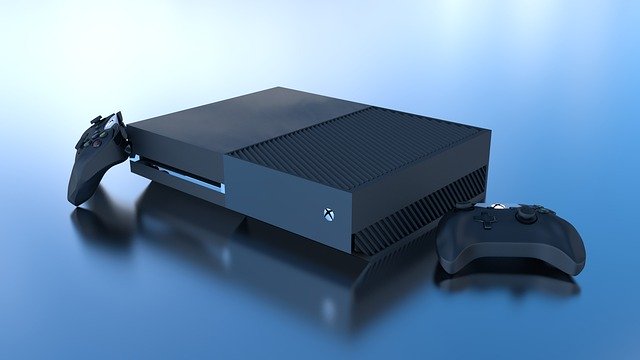
We are getting increasingly surrounded by devices emitting EMF Radiation and this seems inevitable. Many parents are skeptical about the effects of EMF Radiation on their children. The skepticism is often linked to the quality of sleep.
Children with sleep issues are often found to have sources of EMF radiation like electrical devices around them. Studies have shown that EMF Radiation has no direct effect on the quality of sleep but it did affect other cognitive aspects.
EMF Radiation is responsible for memory loss in adolescents and focus difficulties in children. These effects can be prevented in several ways including turning off Wi-Fi routers at night.
Below we have gathered information about the effects of EMF and how to protect your children from the potentially harmful effects of EMF Radiation. If you are concerned about the effects of EMF Radiation on your children, keep reading!
The Effects Of EMF On Children’s Sleep
Children’s brains are more vulnerable to the effects of EMF radiation than any other age group.
A variety of modern telecommunication devices, such as mobile and cordless phones and associated base stations, transmitters, and wireless internet connections, create radiofrequency electromagnetic fields (RF-EMF).
Sleep issues are common among those who ascribe their symptoms to electromagnetic field exposure.
Affected individuals typically mention several suspect sources, including mobile phone base stations and personal use of mobile phones.
However, a study from Plos One Journal found no evidence to support the concept that RF-EMF exposure is harmful to sleep quality in 7-year-old children, but that other aspects associated with mobile phone usage may be.
Nevertheless, we must keep in mind that a future study might find a link between EMF and poor sleep in children.
It is thus best to take precautions as far as possible. In the last heading, we discussed how to protect your children from EMF.
What About Babies And Toddlers?
Babies in the womb, newborns, and toddlers are especially vulnerable to EMF radiation since their bodies are smaller and growing, making symptoms more noticeable.
Their sleep would get affected in a manner similar to a person of any age. However, disturbed sleep or hyperactivity may cause problems in their growth.
In the long run, symptoms of poor or disturbed sleeping like poor alertness may show up. When we get enough sleep, we can perform at our best when we’re awake, which is known as optimal alertness.
We’ve all felt different levels of alertness, from sluggish to aware to hyper-alert. When we are at our most alert, we are most receptive to and interacting with our surroundings, have the longest attention span, and can learn the most.
This can be seen in a child who is calm and attentive, pleasant, with wide eyes looking around, absorbing everything, and who is socially adept. Learning and behavior are hampered by altered states of awareness.
Are Teenagers As Affected As Children?
With the growing adoption of third-generation (3G) mobile phones, social concerns have developed about the potential health impacts of RF-EMFs emitted by Wideband Code Division Multiple Access (WCDMA) mobile phones in humans.
The number of persons experiencing symptoms like headaches, dizziness, and exhaustion has also grown. The importance of studies on teenagers has recently increased.
However, few provocative studies on the health consequences of WCDMA mobile phone radiation on teenagers have been conducted. A study from BMC Public Health Journal analyzed the effects of radiation from WCDMA cell phones on teenagers and adults.
During sham and real exposure sessions, two volunteer groups of 26 adults and 26 teenagers were investigated simultaneously. The authors measured physiological changes in heart rate, respiration rate, and heart rate variability for autonomic nervous system (ANS), eight subjective symptoms, and perception of RF-EMFs to verify its effects on adults and teenagers.
In each group, short-term WCDMA RF-EMFs had no effect on the ANS, subjective symptoms, or the percentages of those who believed they were being exposed. We can thus say that teenagers are not as affected as children.
How Does It Work?
The impact of EMFs on sleep is investigated either in a laboratory setting using an electroencephalogram (EEG).
In other cases, research is done through questionnaires about the occurrence of sleep disorders, for example in relation to ambient factors like noise. Let us look at the conclusion of a study carried out at ETH Zürich.
Electromagnetic waves from mobile telephones have been shown to alter brain activity during sleep in numerous studies.
However, this has no effect on sleep quality. Overall, the findings suggest that high-frequency EMFs have little effect on sleep that is health-related.
Knowing that a transmitter is there can cause psychological anxieties or anxiety, which might affect sleep quality. ELF magnetic fields, on the other hand, appear to have an effect on sleep.
The effect is most noticeable in sleep-EEGs. It’s still uncertain whether the electroencephalogram (EEG) changes that have been discovered are relevant to human health.
In terms of subjective sleep quality, the findings are mixed, and no clear conclusions can be drawn at this time.
Best Ways To Protect Your Child
Keep Your Children Away From EMF Sources
Cordless Phones, Mobile Phones, Wi-Fi monitors and electric outlets are all quite strong sources of EMF radiation. Maintain a distance of three to four feet between your youngster and the source.
Use a headset or switch on the speaker function if you just have a mobile phone and want your youngster to use it for brief periods of time. If you really must have a baby monitor, place it across the room from their bed rather than just above it.
Also, cell phones that are roaming or struggling to pick up a signal, or that are being driven in a car while chatting or ringing, emit more radiation than those that have a good, strong, consistent signal.
EMF Blockers

Several companies have developed EMF blockers to protect you and your children against EMF radiation emitted by devices. DefenderShield provides equipment ranging from mobile phone cases to bedding accessories like blankets to block EMF radiation.
All EMF blockers have integrated metals or metal fibers to reflect EMF waves off of their surface, therefore reducing your EMF exposure.
Make Your Children’s Room EMF Free At Night
Doctors believe that a child’s vulnerability to the detrimental effects of EMFs is greatest while they are asleep. EMF exposure has also been linked to lower melatonin production (which affects sleep quality).
One method is to “trip” the breaker in your child’s room, which will turn off everything in that area. Also, keep your child’s bed as far away from the bedroom’s outlets as feasible.


